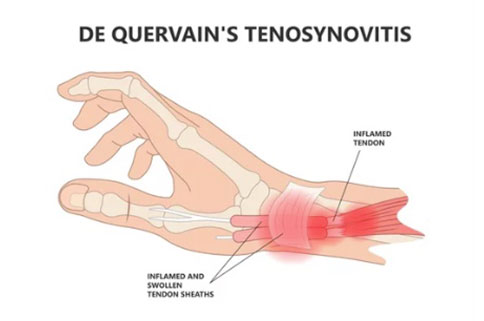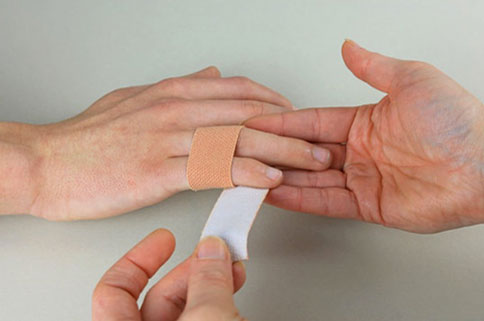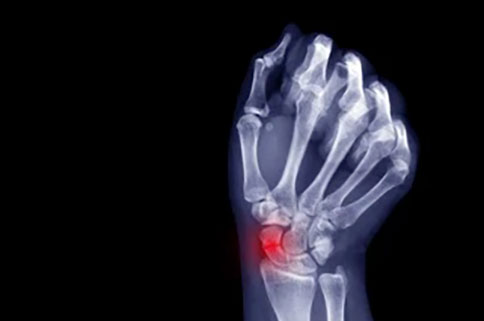
Carpal tunnel syndrome (CTS) is a condition that occurs when the median nerve, which runs from the forearm to the hand, is compressed or squeezed as it passes through the narrow passageway in the wrist called the carpal tunnel. The carpal tunnel is made up of bones and ligaments and houses the median nerve as well as tendons that allow for finger movement. It is a common condition that causes numbness, tingling, and pain in the hand and forearm.
Causes of carpal tunnel syndrome
Carpal tunnel syndrome can be caused by a variety of factors, including:
- Repetitive hand motions, such as typing, sewing, or playing an instrument
- Certain medical conditions, including diabetes, hypothyroidism, and rheumatoid arthritis
- Pregnancy, due to hormonal changes and fluid retention
- Injury or trauma to the wrist
Symptoms of carpal tunnel syndrome
When the median nerve is compressed, it can cause a variety of symptoms, including:
- Numbness, tingling, or a pins-and-needles sensation in the thumb, index finger, middle finger, and part of the ring finger
- Pain or discomfort in the wrist, hand, or forearm
- Weakness in the hand, making it difficult to grip objects or perform fine motor tasks
- A feeling of swelling in the hand, even though no visible swelling is present
Treating carpal tunnel syndrome
Treatment for carpal tunnel syndrome may include:
- Resting the affected hand and avoiding activities that aggravate the condition
- Wearing a splint or brace to keep the wrist in a neutral position and relieve pressure on the median nerve
- Taking over-the-counter pain medications such as acetaminophen or nonsteroidal anti-inflammatory drugs (NSAIDs)
- Corticosteroid injections to reduce inflammation and swelling
Surgery may be required to release the pressure on the median nerve by cutting the ligament that forms the roof of the carpal tunnel. It is important to remember however, that many conditions can cause hand pain so, a correct diagnosis in consultation with Dr Singh is important in order to determine the best treatment plan for you.
 Christmas Operating Hours
Christmas Operating Hours 



















